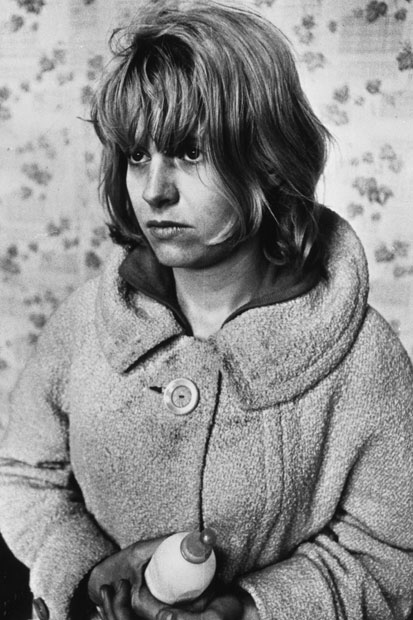On 1 October 1950 the BBC broadcast a seemingly innocuous little play by Val Gielgud. A light-hearted and critically unremarkable political comedy, Party Manners carried a number of pointed criticisms of Labour policy, taking pot shots at egalitarianism, tax-and-spend and big government. With Clement Attlee’s party enjoying only the slimmest of parliamentary majorities and a fresh election in the offing, some BBC executives feared that Party Manners might swing the balance in the Tories’ favour. Lord Simon of Wythenshawe, chair of the BBC governors and a Labour party member, cancelled a planned repeat showing, unleashing a storm in the House of Lords.
The controversy evoked memories of 1906, when Harley Granville-Barker’s play Waste was refused a licence by the Lord Chamberlain, owing to its unflattering portrayal of the cynicism of party politics. In both instances, upholding the moral integrity of public life was given as a reason for censorship rather than party bias: Lord Strabolgi called Party Manners ‘a violent attack, if you like by ridicule and satire… on the very essence of democracy itself’.
This sensitivity was temporary.

Get Britain's best politics newsletters
Register to get The Spectator's insight and opinion straight to your inbox. You can then read two free articles each week.
Already a subscriber? Log in







Comments
Join the debate for just £1 a month
Be part of the conversation with other Spectator readers by getting your first three months for £3.
UNLOCK ACCESS Just £1 a monthAlready a subscriber? Log in